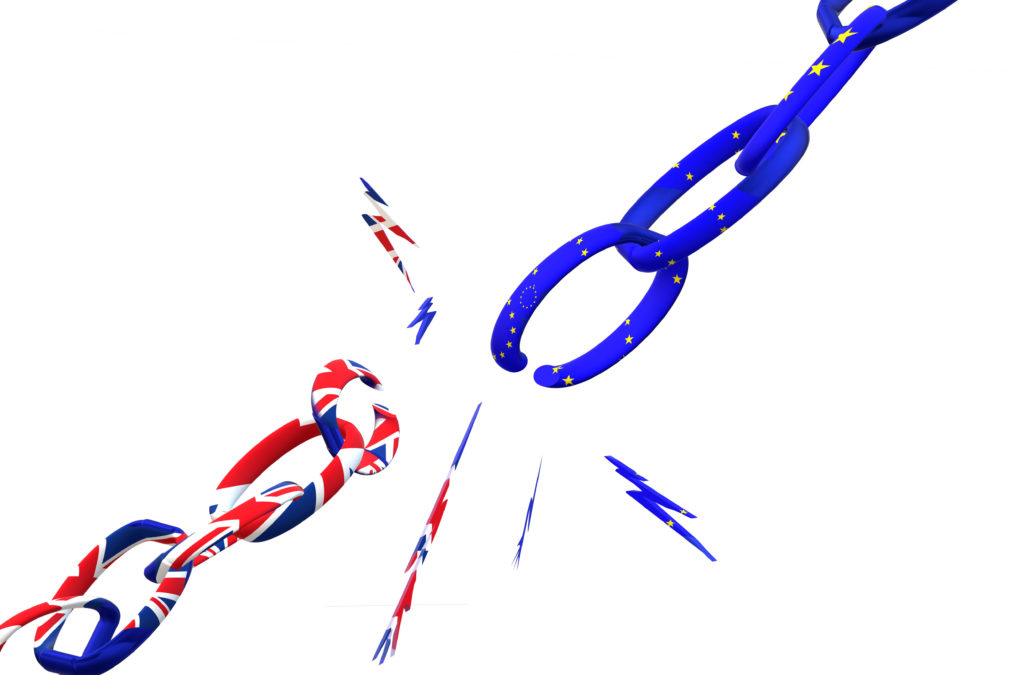Uncertainty over Brexit is said to have caused more disruption to supply chains in the last five years than natural disasters and cyber-attacks combined. That’s one of the key findings of a new report launched by connected planning specialist Vuealta, which found that 50% of UK business decision makers felt that Brexit uncertainty had negatively impacted their supply chain in the last 5 years.
In comparison, just over a fifth (22%) had suffered from supply chain disruption due to a cyber-attack, and 19% from a natural disaster. This was despite the fact that studies suggest extreme weather events have increased in the last six years, and a major cyber attack cost a global logistics business hundreds of millions of dollars as recently as 2017.
Understanding new innovations in last mile delivery for eCommerce
Other factors said to have caused a negative impact were through the failure of a single supplier (30%) and spikes in demand overstretching supply chain capacity (28%). The report also found that a fifth of respondents thought customers would feel the impact of a supply chain failure within a day, giving them little time to fix issues when they arise.
Despite the potential risks to disruption, many UK businesses were looking to grow, with 67% looking to expand into new markets. However, they were also conscious of improvements they needed to make to do that – 64% admitted that they needed to improve the efficiency of their supply chain. Real time information across their supply networks (45%) and collaborative planning with suppliers (41%) were two of the key steps to achieving that goal.
“UK businesses want to grow, yet they’re at risk of seeing critical supply chains and logistics disrupted by events outside of their control. They know they can’t control the weather for example, or what may or may not happen over Brexit, so it’s clear they need to focus on what they can manage. That means planning for all eventualities and being able to respond in real time” says Ian Stone, CEO, Vuealta. “This requires a connected supply chain ecosystem with transparency and collaboration between partners. Those that achieve this will create sustainable and significant competitive advantage and will lead the race in the search of new markets and profit streams.”
The secret to supply chain visibility woes
The report also revealed that almost a fifth of respondent’s businesses (19%) have a supply chain that encompasses more than 30 suppliers, reflecting an often complex network to manage, particularly in times of disruption or change. The findings also demonstrate that business leadership often does not understand the potential impact on their supply chain, whether disruption be caused by a cyber-attack (42%), political or market uncertainty (47%) or a natural disaster (43%).
Ian Stone added, “With connected planning tools, organisations no longer need to be in the dark when it comes to the ‘what-ifs’ of supply chain disruption. Through taking control of their supply chain and giving themselves the visibility they need, UK businesses can find opportunities to succeed and ensure they’re protected against disruption, in whatever form that takes.”










